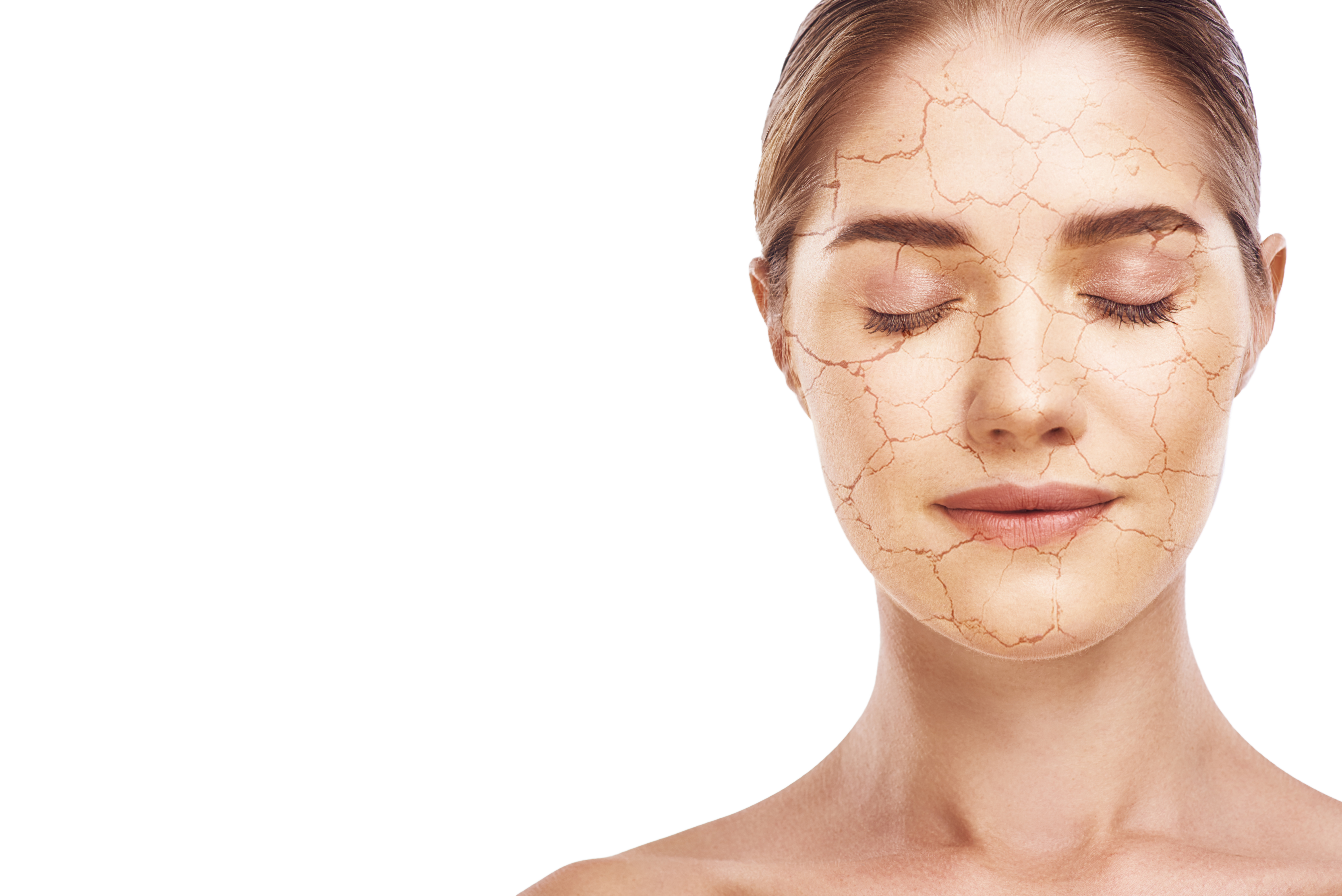How to prevent dry skin after a shower
Have you ever noticed your skin peeling after a shower or your face feeling dry after showering? If yes, you're not alone. Many people experience dry skin after a shower, and it can be frustrating—especially when you expect your skin to feel fresh and clean afterward.
In this article, we'll break down why your skin peels after a shower, what causes dead skin after shower, and most importantly, how to prevent dryness and irritation effectively.
Let’s get started with real solutions you can start using today.
Why does my skin peel after a shower?
There are several reasons why your skin peels after a shower, including:
- Hot water: It strips your skin’s natural oils
- Harsh soaps or body washes: These can be too drying, especially if they contain sulfates or alcohol
- Over-exfoliation: Scrubbing too hard or too often can lead to dead skin after a shower and make your skin peel
- No moisturizing: Skipping moisturizer allows your skin to dry out quickly.
- Underlying skin issues: Conditions like eczema or psoriasis may worsen after showers
If you're asking why my skin is rubbing off after shower, the answer may simply be over-drying or over-exfoliating your skin, causing it to shed dead layers faster than normal.
Common signs of post-shower dryness
- Flaky patches on face or body
- Itchy or tight feeling skin
- White dead skin coming off when rubbed
- Redness or irritation
- Skin peels after shower regularly
If your face is dry after shower every day, these symptoms are worth addressing before they lead to long-term skin damage.
How to stop your skin from drying out after a shower
Here’s a list of proven tips and techniques that work:
1. Use lukewarm water instead of hot water
Hot showers may feel relaxing, but they dry out your skin quickly. Switch to warm water to keep your skin barrier healthy.
2. Choose a gentle, moisturizing body wash
Avoid body washes that are heavily fragranced or contain alcohol and sulfates. Instead, go for nourishing, pH-balanced options.
Try Dettol's antibacterial body wash – it’s effective yet gentle on the skin.
3. Avoid scrubbing too hard
It may be tempting to scrub off dry patches, but this can make the problem worse. Use a soft loofah or just your hands, especially on sensitive areas like your face.
4. Pat dry, don’t rub
When you step out of the shower, gently pat your skin dry with a towel. Rubbing removes moisture and irritates the skin.
5. Moisturize immediately after showering
Timing is everything. Apply a moisturizer within 3 minutes of showering while your skin is still slightly damp. This locks in hydration and prevents your skin from peeling after shower.
Look for creams or lotions with:
- Hyaluronic acid
- Glycerin
- Ceramides
- Shea butter
6. Keep your showers short
Try to limit your showers to 5–10 minutes. Long showers might feel nice, but they contribute to water loss in your skin.
7. Install a shower filter
If your water is hard (contains minerals), it can cause dry skin after shower. A shower filter can help reduce mineral content and protect your skin.
Simple skincare tips for your face after shower
If you’re dealing with a dry face after shower, here are a few bonus tips:
- Use a mild face cleanser (not soap)
- Avoid hot water on your face
- Apply a hydrating toner or facial mist immediately after drying
- Follow with a face moisturizer suitable for your skin type
Remember, your facial skin is thinner and more delicate, so it needs extra care post-shower.
FAQs
Why is my skin peeling after shower every day?
It’s likely due to using hot water, harsh soaps, or skipping moisturizer. Make sure to follow a post-shower skincare routine to lock in hydration.
Why is my face dry after shower even after moisturizing?
You may be using the wrong type of moisturizer or not applying it quickly enough. Try switching to a richer formula and apply within 2–3 minutes of drying off.
Why is my skin rubbing off after shower like dead flakes?
That’s usually dead skin after shower due to over-drying or over-exfoliation. Use a mild cleanser and cut back on scrubbing to avoid irritation.
